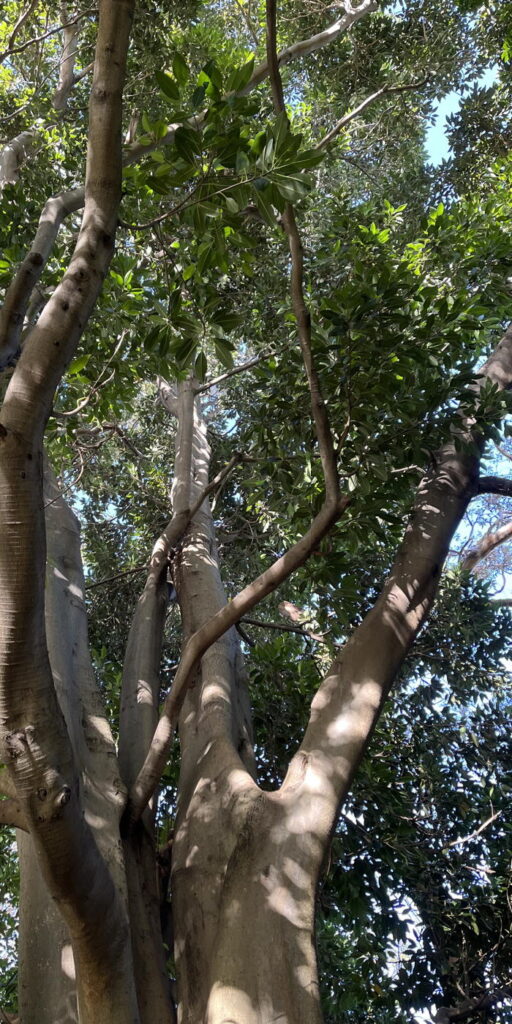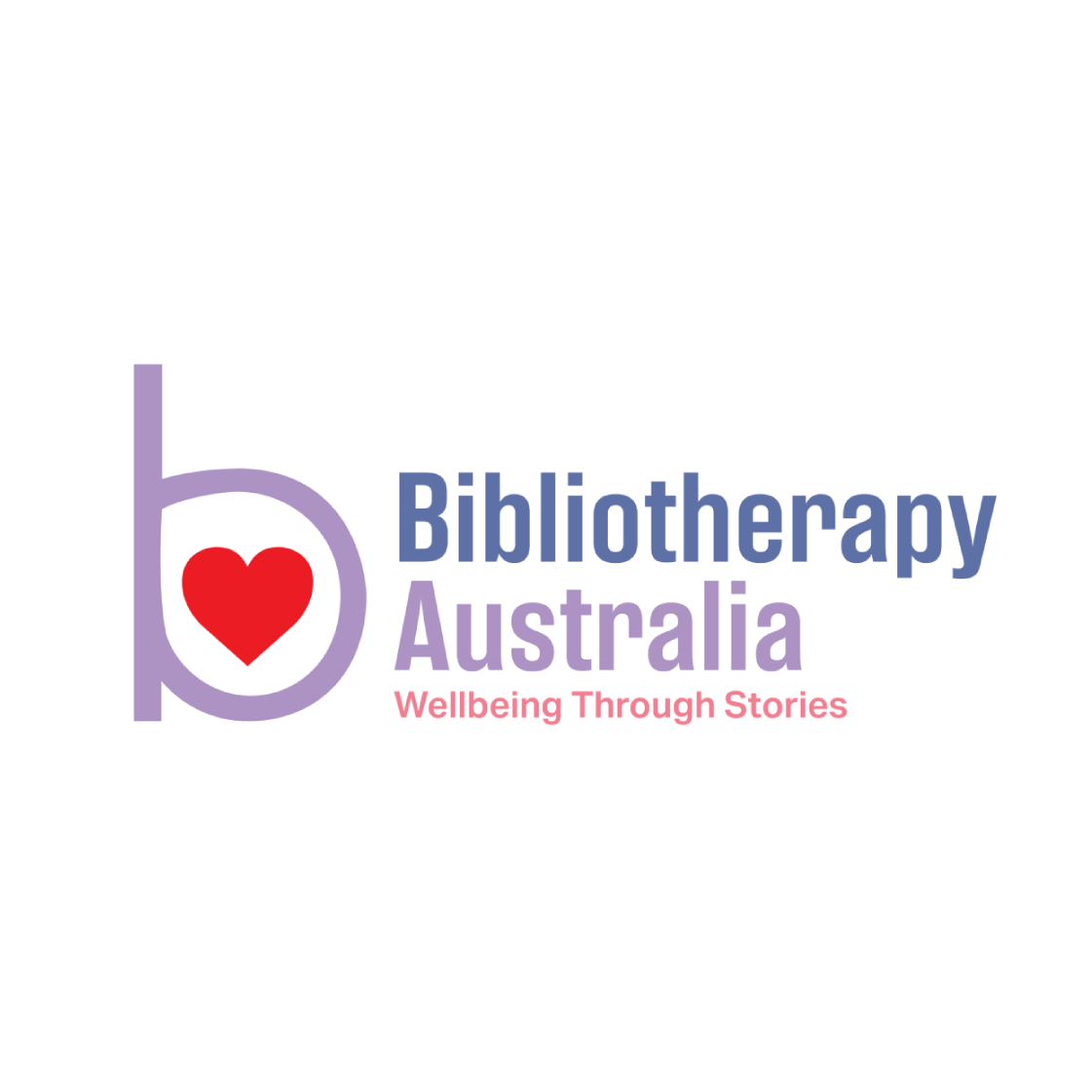 Recommendations from readers for readers.
Recommendations from readers for readers.
A Life of One’s Own, Joanna Field. A self-examination of how and what it means to be conscious.
Big Magic, Elizabeth Gilbert. A good discussion about the creative process and approaching it with curiosity and being willing and open to use it as a gift and do it with joy – a wonderful message on the importance of creativity.
Clean approaches for coaches, Marian Way. I recommend anything ‘clean language’ – self questioning books that help you step out of expected results and lead to new learnings.
Clean language: revealing metaphors and opening minds, Judy Rees and Wendy Sullivan. Anything clean language is worth reading – self questioning books that help you step out of expected results and lead to new learnings.
Consolations: the solace, nourishment and underlying meaning of everyday words, David Whyte. Is a beautiful philosophical exploration into sitting still and just mentally moving through the emotions you are experiencing, through the lens of the meanings and contexts of fifty-two ordinary words. This book couldn’t be more acute at the moment: the words start with ALONE and end with WORK, and Whyte has a poet’s eye for seeing how different words, when considered, become meditations in their own right.
How Proust can change your life, Alan de Botton. ‘Botton distils Proust’s writings on friendship, reading, looking carefully, paying attention, taking your time, being alive’ (Brian Masters, Mail on Sunday). Proust spent many isolated hours himself, while unwell. It’s both diverting and pertinent.
Notes on a nervous planet, Matt Haig. A follow-up Reasons to Stay Alive. Helps you take a good look at how our contemporary lifestyle feeds our anxiety, and lots of thinking about how to live a better life.
Olive Kitteridge, Elizabeth Strout. Olive Kitteridge is a character I can’t get enough of. She’s small-time heroic precisely because she is difficult, awkward and uncompromising. These novels feature Olive in her winter years, and her observations and relationships are poignant, hilarious and unforgettably moving. She reminds us that regardless of our imperfections, days are where we live.
Only happiness here: in search of Elizabeth Arnim, Gabrielle Carey. A biography of the Australian-born author Elizabeth von Arnim and it asks the question: what was von Arnim’s secret to happiness? Elizabeth von Arnim was hugely successful in her day and is now remembered, if she is remembered at all, as the author of The enchanted April, which was adapted for film starring Miranda Richardson and Joan Plowright. In Only happiness here,Gabrielle Carey examines a remarkable lifeand proposes nine things that von Arnim practised to sustain happiness. However, this is more than just a biography, since Carey introduces her own personal history – twice divorced, financially threatened by serious identity theft, prone to flights of self-destructive fancy – to reflect upon how von Arnim dealt with similar challenges. The result is an unsentimental and clear-eyed picture of a remarkable life and lessons that living well can teach us Gabrielle Carey’s previous books include a biography of Australian writer and poet Randolph Stow, and was a co-winner of the Prime Minister’s Literary Award for non-fiction; and is the co-author of the iconic Puberty blues, with Kathy Lette.
Presence: an exploration of profound change in people, organisations, and society, Peter Senge, Otto Scharmer, Joseph Jaworski and Betty Sue Flowers. Yes, a few authors were needed to compile a work this inspiring and impactful. And it’s so easy to read. As we turn towards the opportunity to create new futures, this book’s stories, examples and methodology provide the inspiration and tools to do this.
Primitive mythology; Occidental mythology and Oriental mythology (trilogy), Joseph Campbell. I think he lays an accessible foundation for building a new mythology. If George Lucas can do it for outer space, maybe we can use the same foundation for earthly renewal. From that came ‘Creative mythology’ and a PBS TV series adapted to a text/graphics easy read The Power Of Myth with Bill Moyers.
Reinhabiting reality – towards a recovery of culture, Freya Mathews, local philosopher and Senior lecturer at La Trobe University, Melbourne. Review here.
Self-renewal, John W. Gardner. The author maintains that self-renewal is impossible “unless we share a vision of something worth saving”.
Siddhartha, Hermann Hesse. Just about anything by Hermann Hesse would qualify under this heading! But my favourite is Siddhartha. This short and deceptively simple story puts me back in touch with what really matters and helps me discard all the trivia, materialism and irrelevancies which can easily clutter our lives, until we are hemmed in – and at risk of suffocation!
Spirit of progress, Steven Carroll. It has the lanes, cobblestones, artists, lovers and changes of Melbourne after the disaster of World War 2. Melbourne readers will recognise real people exploring the themes we are living now. A young artist desperately wants out of Melbourne to Europe, but the ships are still commandeered for troops. Loves and lives are in turmoil, and the city now has the Spirit of Progress, the locomotive of the new age, roaring through their lives like time’s arrow, pointing to the future and the post-war world only some of them will enter.
The art of being, Erich Fromm. This is a sort of field guide on how we can shift from the having mode of existence, which is systematically syphoning our happiness, to a being mode.
The art of loading brush, Wendell Berry. An essay collection of the lyrical and poetic essays.
The body, a guide for occupants, Bill Bryson (listened to it as an audio book) – A reminder of all the good things our bodies do and how medicinal science has solved problems.
The book of joy, Dalai Lama and Desmond Tutu. A lovely book that highlights the beautiful relationship between these two spiritual leaders, and their differences. It’s a story of compassion, love and kindness.
The book of longings, Sue Monk Kidd – history has many versions and it is best when people are kind.
The signature of all things, Elizabeth Gilbert. It seems pertinent now as it refers to Cooks voyages with Joseph Banks. Gilbert has researched and writes about interesting botanical themes and discoveries for and within nature.
Theory U, Otto Scharmer and Katrin Kaufer. Read this book, and for a crisp summation of the lengthy articulation of the theory, Essentials of Theory U.
Utopia for realists, Rutger Bregman. In this book he looks at the possibilities of universal basic income. He has a new work, Humankind, which looks at human connection as the way to go.
